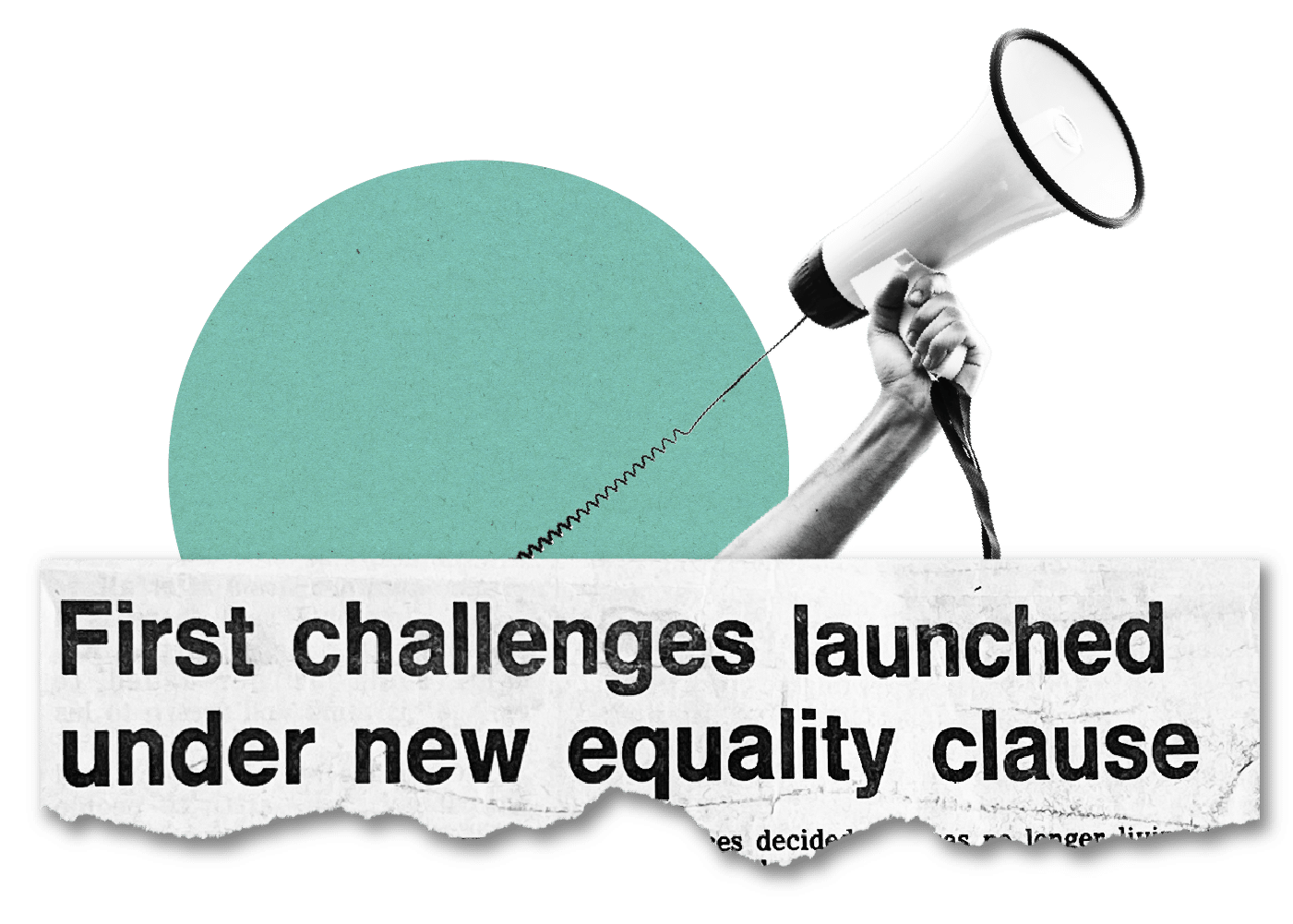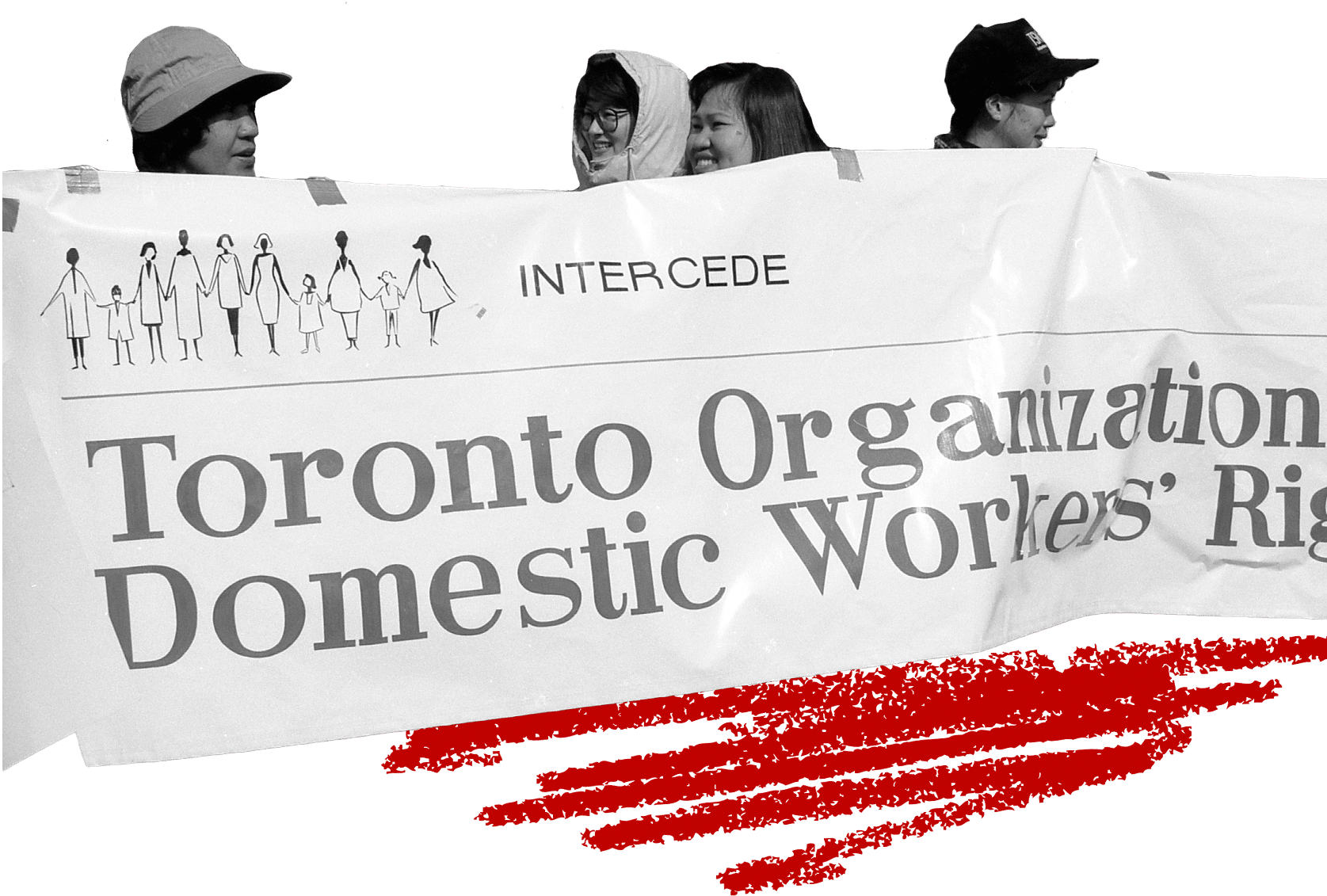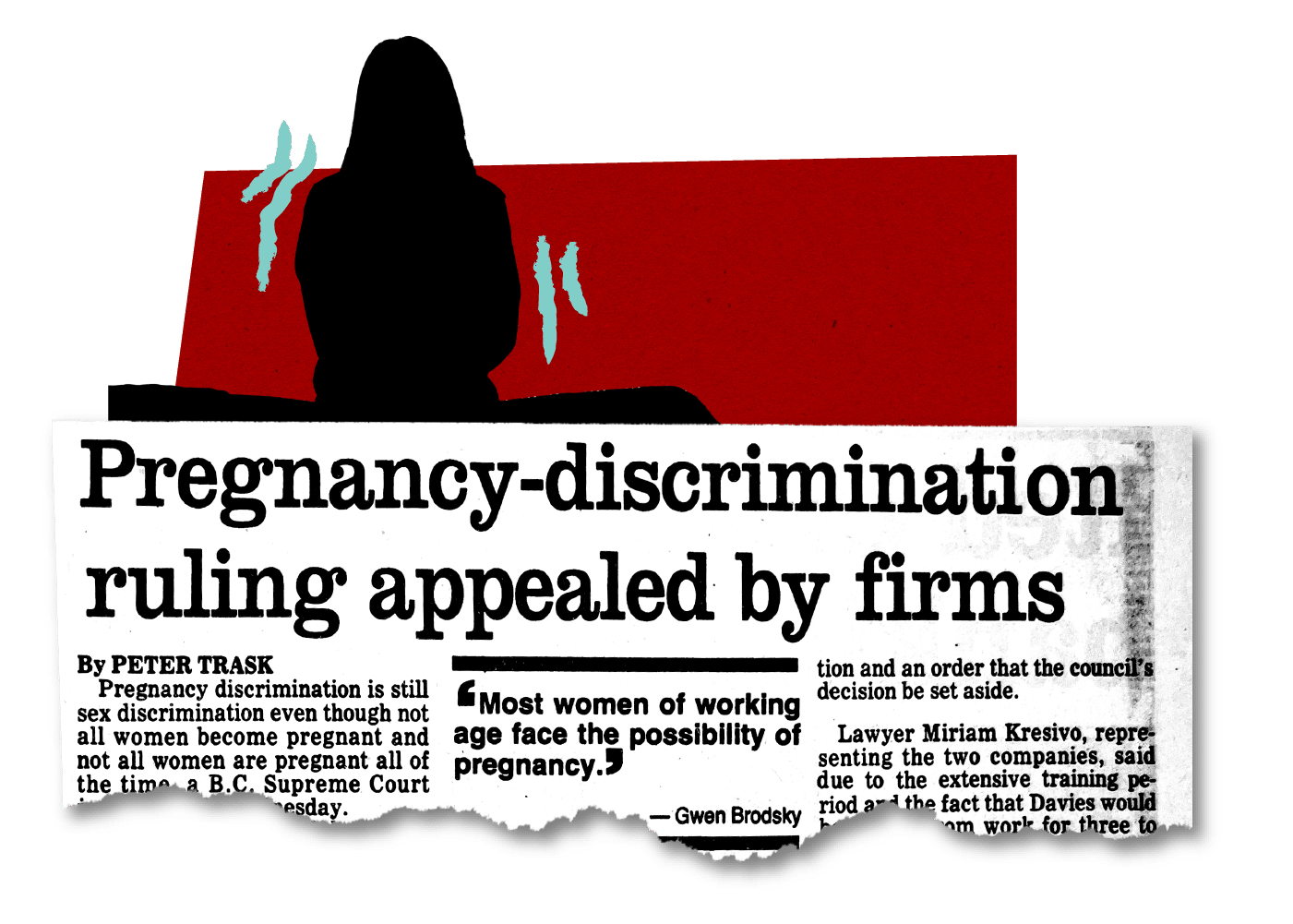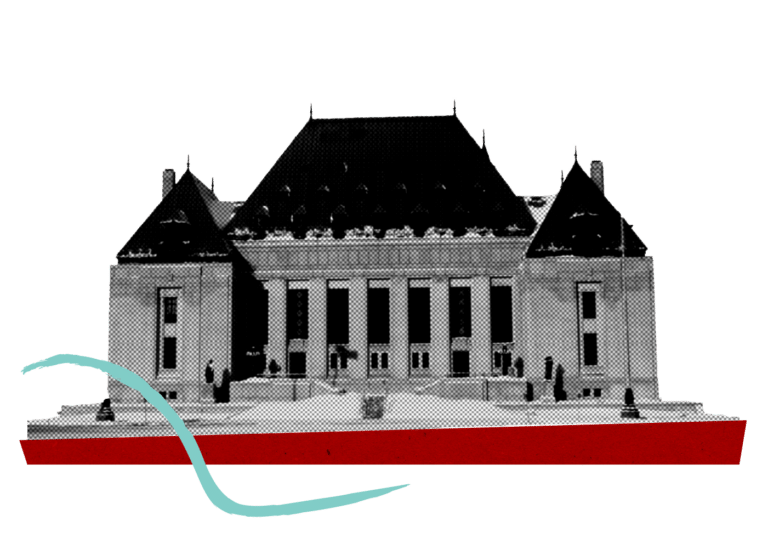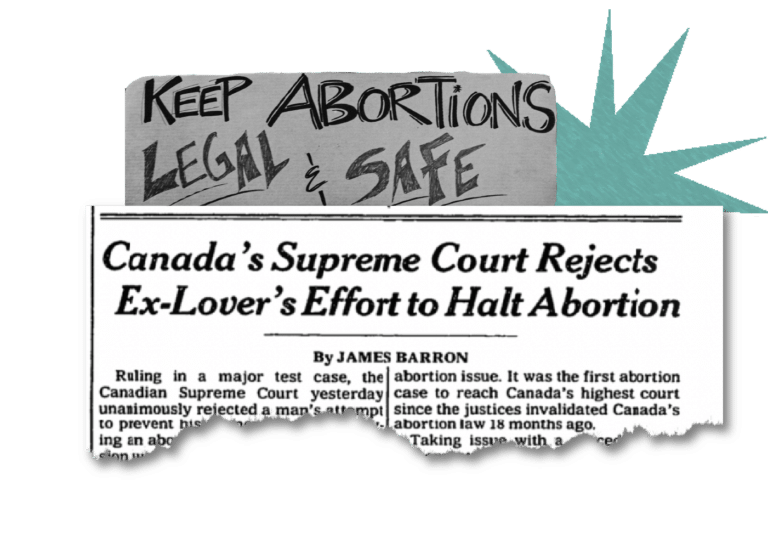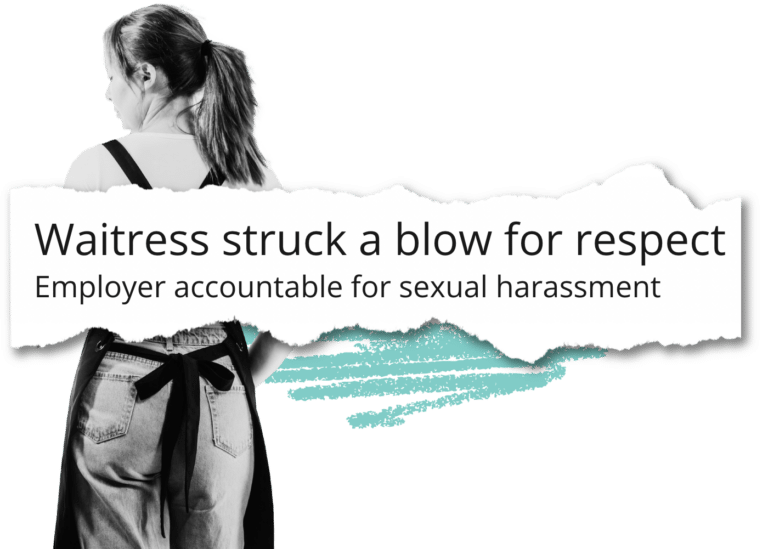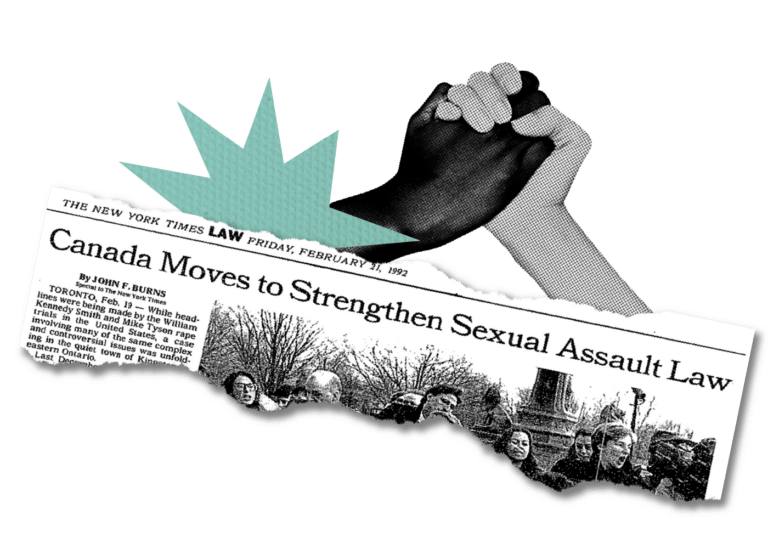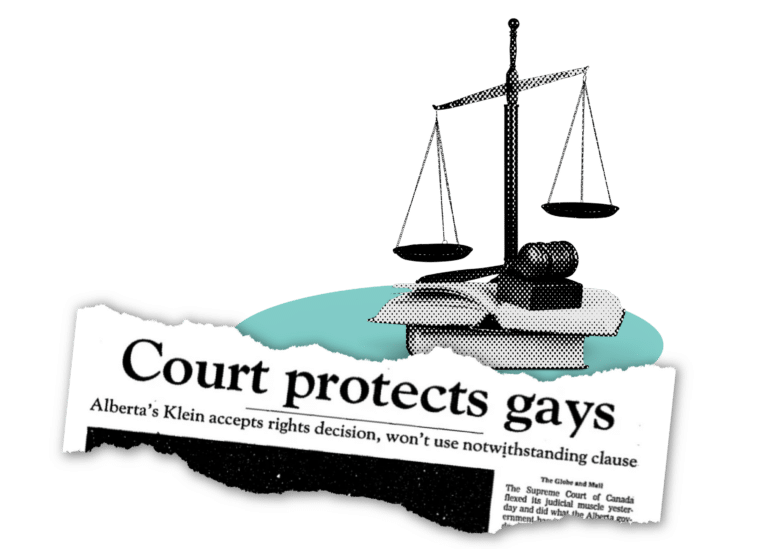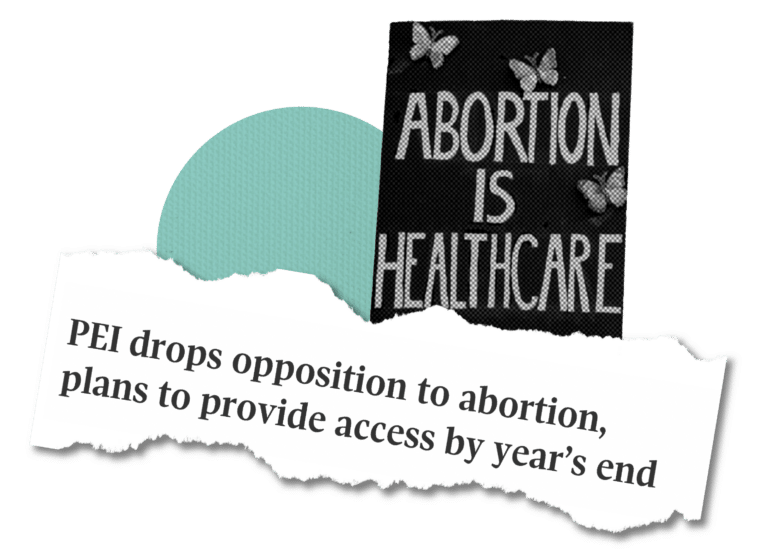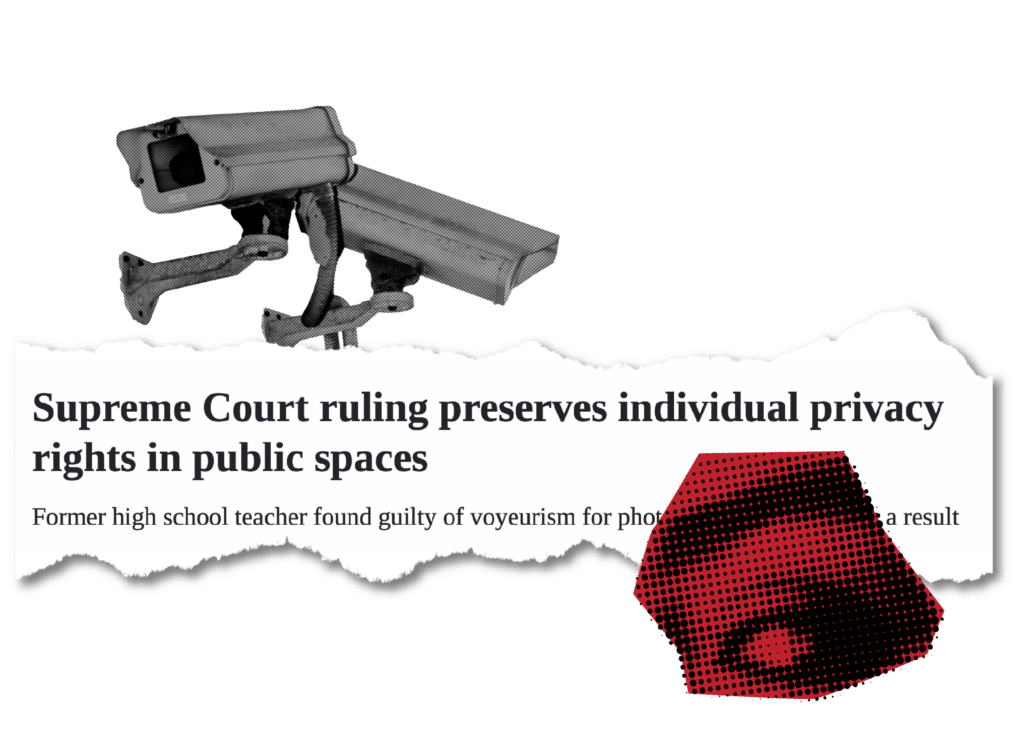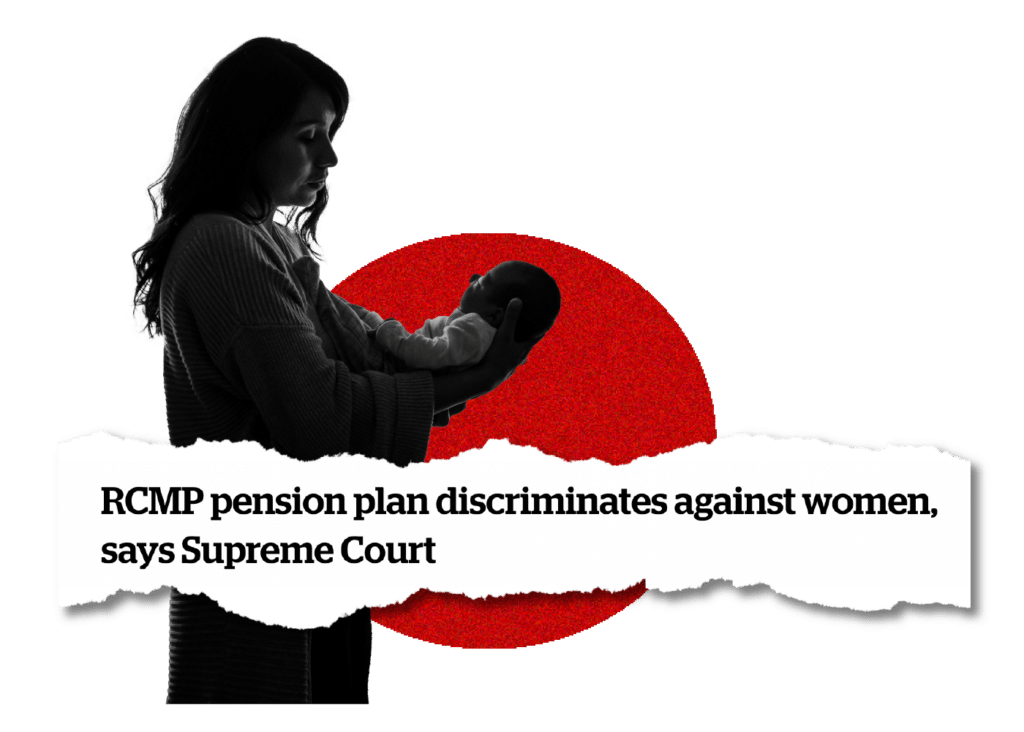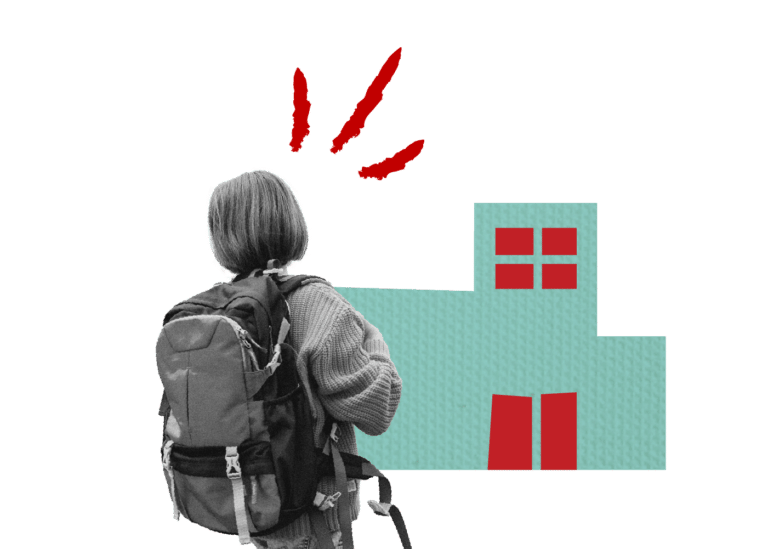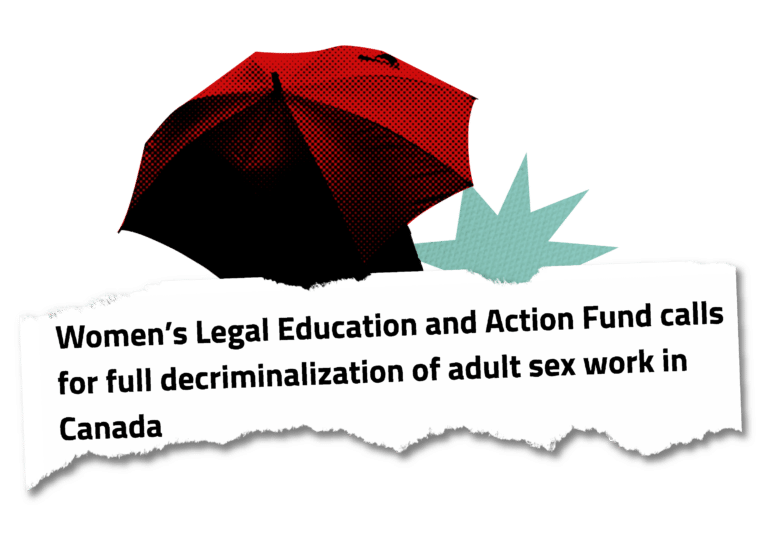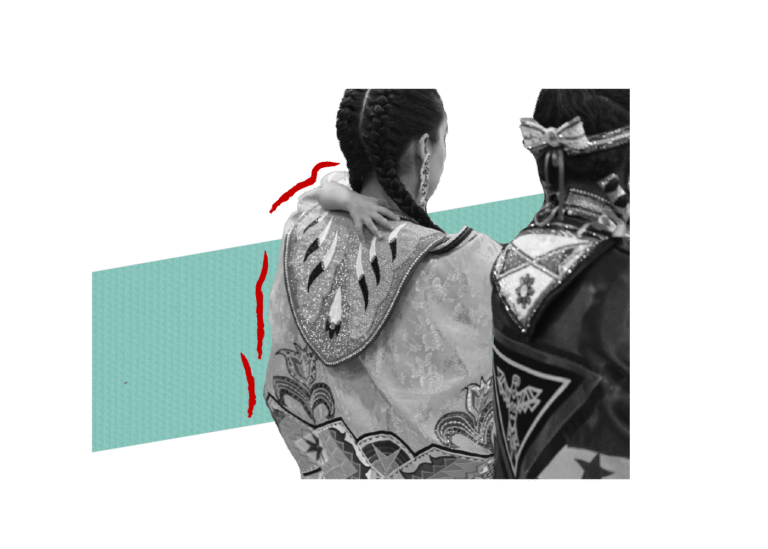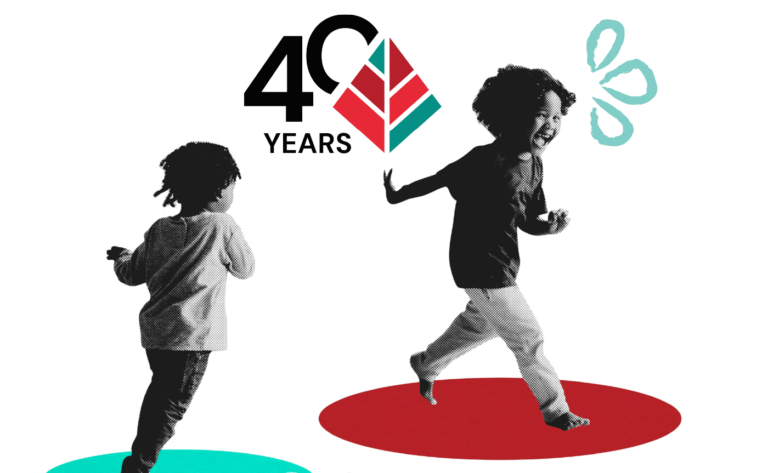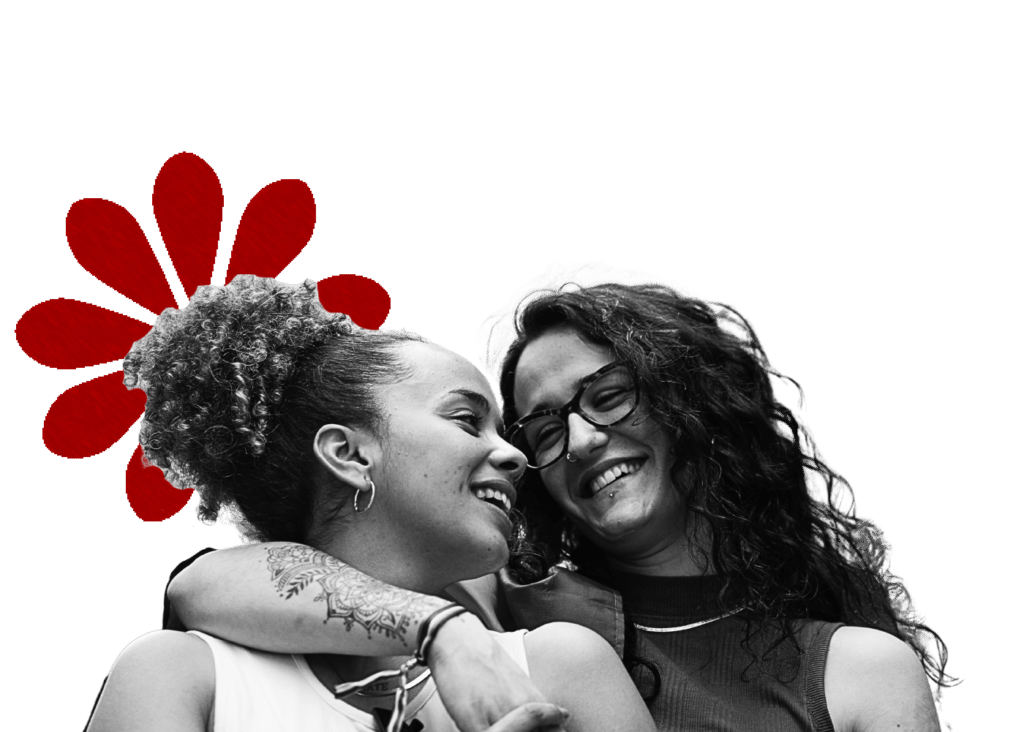On April 17, 1985, section 15 of the Canadian Charter of Rights and Freedoms – the provision guaranteeing equality rights – came into force. Together with section 28, which guarantees all of the rights within the Charter equally to “male and female persons”, section 15 forms the basis for the Charter-enshrined rights to women’s equality and gender equality. These provisions were enshrined in our Charter thanks to the tireless work of many of LEAF’s Founding Mothers.
LEAF was founded on the same day section 15 came into force, and that year we launched no less than three Charter challenges.
